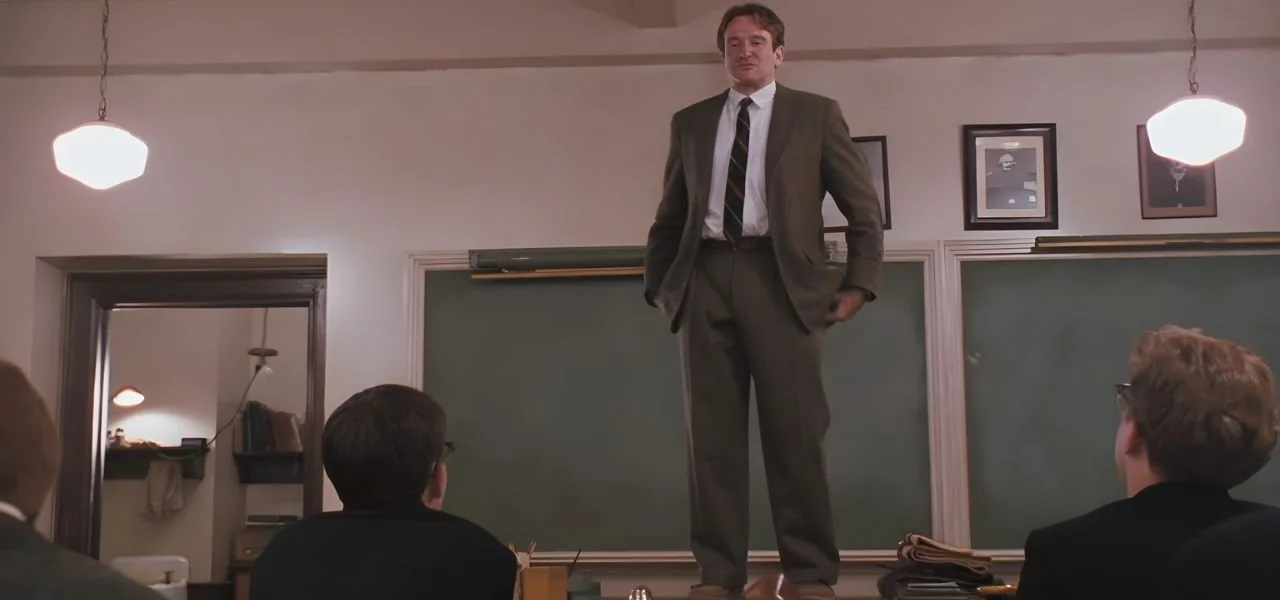GOOD NEWS: Inspiration and Joy
Good News: An enewsletter for donors and nonprofits
on strategic planning, governance, fundraising, and executive leadership.
Inspiration and Joy
Inspiration
In June, I was in a nonprofit client board room discussing an agenda item requiring consideration of cutting a significant expense that would have direct, harmful consequences on people. After a detailed presentation of the issue and candid survey of the options, darkness began to fall and a grim decision was about to be made.
Until what boards need most happened out of the blue. A board member announced that during the discussion he texted a friend and both decided to cover the budget shortfall rather than inflict harm on the young people and staff of the organization. Immediate relief and celebration followed and suddenly everything seemed possible again for the staff and board.
I’ve been in lots of board rooms and can count on one hand this kind of bold leadership by example. Rather than calls for mission statement reviews, cost cutting, personnel shuffling, collecting more data, and generally pointing the finger in other directions for organizational challenges to be met, what nonprofits need most from their boards is people inclined to behave with an “if not me, who?” mindset.
Joy
A few weeks later I attended a launch party for one of my family foundation clients. Our aim was to unveil this newly formed foundation and highlight the foundation’s first community partners. We had a blast! Whether planning, implementing or following up on the event, joy permeated everyone’s thinking and doing. Last week's board meeting even concluded with optional pickleball. Another important reminder for boards and executive leadership: the work is supposed to be fun, especially for volunteers who have lots of choices about where to spend their time, talent, and treasure. Too many times I see angst, burden, even infighting monopolize conversation and action items. What a waste.
Back to School
In another professional life, I taught Advanced Placement Statistics to high school seniors. Toward the end of my school career, teachers began to require their students (and families) to sign contracts on the first day of school. I remember thinking, “Well that’s one way to dampen enthusiasm, minimize expectations, and encourage an adversarial relationship.” I refused to follow the trend. Rather, I aimed to inspire and communicate that we were off on a journey together that was going to be full of learning and hopefully wonder too. The world needs more Robin Williams' classroom moments.
Whether you are recruiting or nourishing board members, staff, volunteers, and donors (or meeting your students for the first time), I hope you decide that your best bet for great outcomes is one of promoting inspiration and joy instead of coercion and legalese.
Stuff Steve Is Watching, Listening To, and Reading
Meaningful Work in a Post-Career World (56 minute watch)
"Ever since Benjamin Franklin, we have been told one story about success. And it's all about climbing. Up by your bootstraps, rags to riches, higher floor, bigger office, greater salary, more benefits...climb, climb, climb. The number one thing I learned is that the people who are happiest and most fulfilled in what they do don't just climb. They dig. They perform a meaning audit. They do personal archeology by excavating their own life stories for what they want to do. We have been handed a script by our culture about getting on the should train. But we also have this scripture that lives inside us, trailing us our whole lives. The people who are happiest and most fulfilled manage to silence the script and elevate the scripture. The only way to do that is to unearth the story you have been trying to tell for years and maybe decades." Bruce Feiler, The Search
Watch Here
The Peril of Conditional Love (55 minute listen)
"Shift the paradigm to serving your kid and not making your kid a reflection of your own parenting skills. I teach college and I find there's a significant number of my kids who are the victims of conditional love. Their parents love them but they are anxious about them. When the kid does something that the parent thinks will lead to success, the beam of love is strong. When the kid does something the parent thinks won't lead to success, the beam of love is withdrawn. And so the most important relationship in their lives is at peril and they're scared. They avoid risk. It is just a punishing experience to be the subject of conditional love where you have to earn your parents' love. And there is too much conditional love in our society too. " David Brooks with Oprah Winfrey
Listen Here
James Baldwin's A Talk to Teachers (10 minute read)
“The paradox of education is precisely this - that as one begins to become conscious one begins to examine the society in which he is being educated. The purpose of education, finally, is to create in a person the ability to look at the world for himself, to make his own decisions, to say to himself this is black or this is white, to decide for himself whether there is a God in heaven or not. To ask questions of the universe, and then learn to live with those questions, is the way he achieves his own identity. But no society is really anxious to have that kind of person around. What societies really, ideally, want is a citizenry which will simply obey the rules of society. If a society succeeds in this, that society is about to perish. The obligation of anyone who thinks of himself as responsible is to examine society and try to change it and to fight it – at no matter what risk. This is the only hope society has. This is the only way societies change.” James Baldwin, A Talk to Teachers
Read Here
New Website for TTG
Thank you, German and Disla Media!


